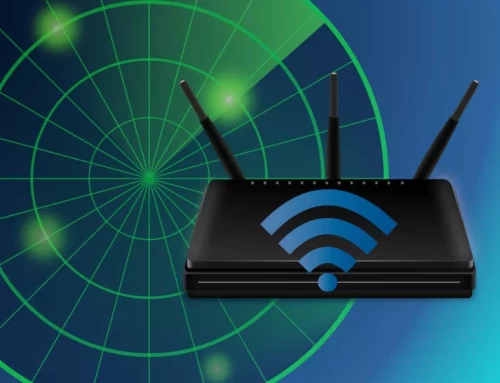Remote management
Since the idea of remote work has become so widely accepted, remote management has emerged as an essential component of contemporary business operations. The term “remote management” refers to the practice of managing groups of employees who work remotely, frequently from various locations or even different time zones. This article examines the expanding practice of managing remote teams, examines its advantages and disadvantages, and offers suggestions for successful management tactics.
The Benefits of Remote Management
Greater Access to Global Talent: Employers can access a variety of talent sources through remote management, regardless of location. Top professionals from all over the world can be hired and kept by businesses, bringing fresh perspectives and expertise to the table.
Greater Flexibility and Work-Life Balance
Employees who work remotely have more flexibility, which helps them better balance their personal and professional lives. Increased job satisfaction, increased productivity, and decreased burnout can all result from this flexibility.
Savings on expenses
Remote management can significantly lower the costs of office space, utilities, and travel. By investing in other crucial areas like employee development and technological infrastructure, organizations are able to allocate resources more effectively.
Environmental Sustainability
Businesses can help the environment by embracing remote work and lowering their carbon footprint. Lower greenhouse gas emissions and a more sustainable future result from reduced commuting and energy use in office spaces.
Challenges of Remote Management
Due to geographical distance and potential time zone differences, remote teams frequently struggle to effectively communicate and collaborate. To close these gaps, managers must establish regular check-ins and use the right communication tools.
Building Trust and Engagement
It can be more difficult to build trust among remote team members than it is in conventional office settings. Strong relationships, open communication, and opportunities for online team-building activities are the managers’ main priorities.
Performance Evaluation and Accountability
Evaluating and monitoring remote workers’ performance can be challenging. Clear to ensure accountability and promote results. It requires setting expectations, establishing performance metrics, and using technology-based solutions to track progress.
Effective Strategies for Remote Management
Create a clear understanding of the team’s objectives, roles, and responsibilities. Everyone on the team is credited for their unique contribution. And make sure you are aware of how they relate to larger organizational goals.
Encourage Open and Frequent Communication: Promote frequent and open communication among team members. To stay in touch and deal with any issues as they arise, use a variety of communication tools like video conferencing, instant messaging, and project management platforms.
Provide Enough Resources and Support: Ensure that remote workers have access to the equipment, technologies, and resources they need to complete their jobs well. Provide ongoing assistance and instruction to help them improve their abilities and output.
Adopt a results-oriented strategy: Instead of micromanaging remote employees, concentrate on the results. Encourage individuality and give team members the freedom to own their work while providing necessary direction and feedback.
Foster a Positive Team Culture: Encourage a sense of community and camaraderie among remote team members through online team-building exercises, rewards systems, and knowledge-sharing opportunities.
With its many advantages and opportunities, remote management is quickly changing how businesses operate. Organizations can leverage global talent, increasing productivity.
And can support a sustainable future by embracing remote work and implementing effective management strategies. Despite the difficulties, proactive steps such as open communication, goal alignment, and resource support can also help establish a productive remote work environment.
Remote management determines the success and adaptability of organizations worldwide. will play an important role as the future of work is changing.






